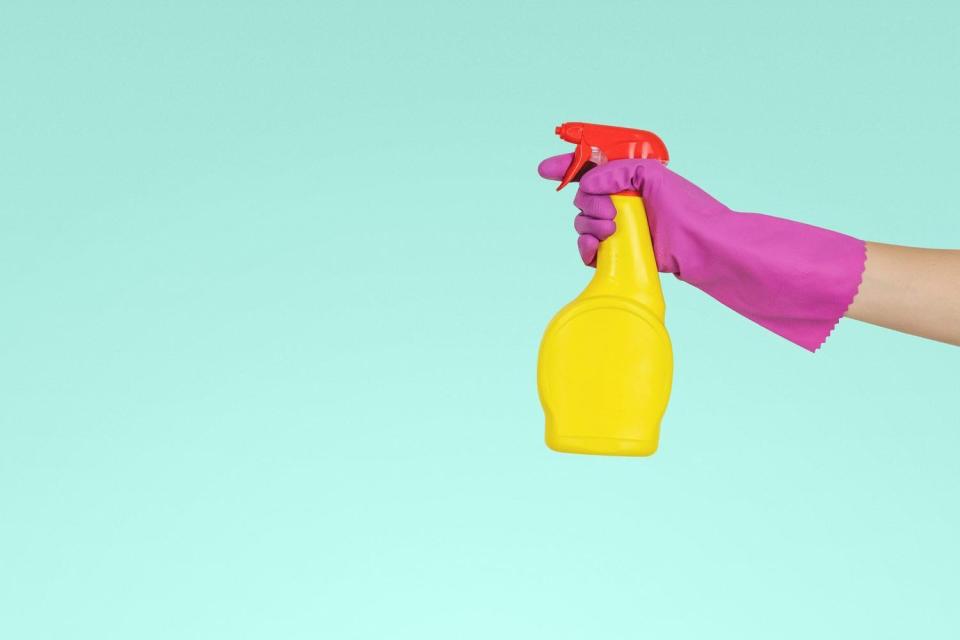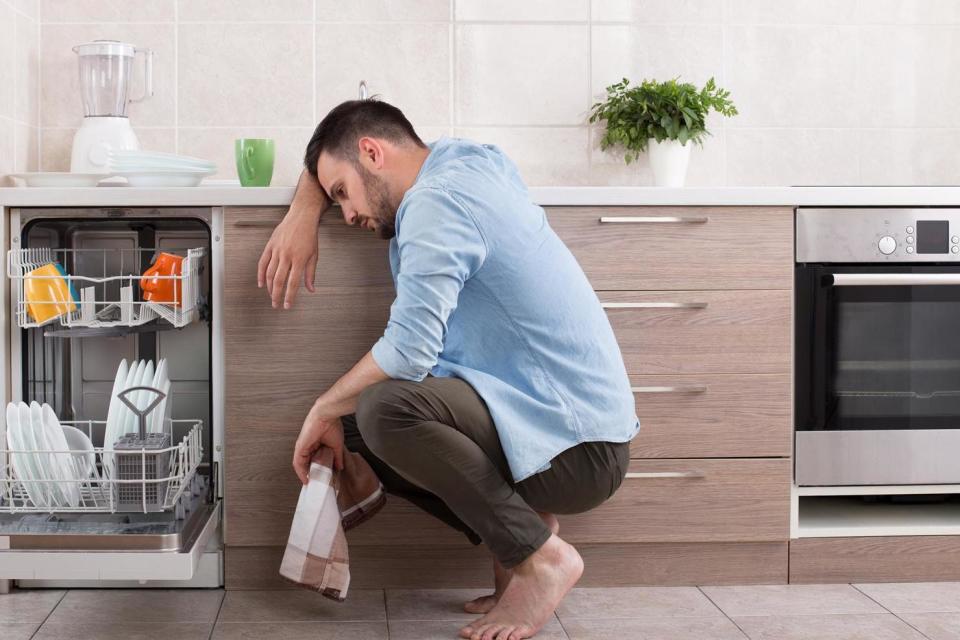Coronavirus pandemic ‘could set gender equality back 25 years’

Women have increased their workload of unpaid work
(Photo by JESHOOTS.COM on Unsplash)The coronavirus pandemic risks setting back gender equality by 25 years, according to new global data from UN Women.
In a report, UN Women found that women are doing even more chores around the house amid the coronavirus crisis.
The group's findings are based on 38 national surveys focusing on lower and middle income countries.
While women already did disproportionately more unpaid care work and chores than men before Covid, that number has only gone up.
Pre-pandemic it was estimated that women did around three quarters of the 16 billion hours of unpaid work done every day worldwide.
However, according to UN Women's report, women across the 38 countries reported spending more time on household chores since the pandemic began.
UN Women Deputy Executive Director Anita Bhatia told the BBC: "If it was more than three times as much as men before the pandemic, I assure you that number has at least doubled."

Men have not been doing their fair share
Shutterstock / Budimir JevticShe added: "Everything we worked for, that has taken 25 years, could be lost in a year".
The report found that coronavirus restrictions and lockdowns have left more people at home than ever - increasing the burden of household chores for both men and women. However, women have ended up shouldering the lion's share.
Women are also dropping out of the work force at a faster rate than men.
In the US four times as many women as men dropped out of the labor force in September alone - roughly 865,000 women compared with 216,000 men.
Read More
London set to find out which tier it will be in after lockdown
Women 'doing hour more childcare and housework than men in lockdown'
Mothers bear brunt in battle to care for their children and keep jobs

 Yahoo Sport
Yahoo Sport 





































